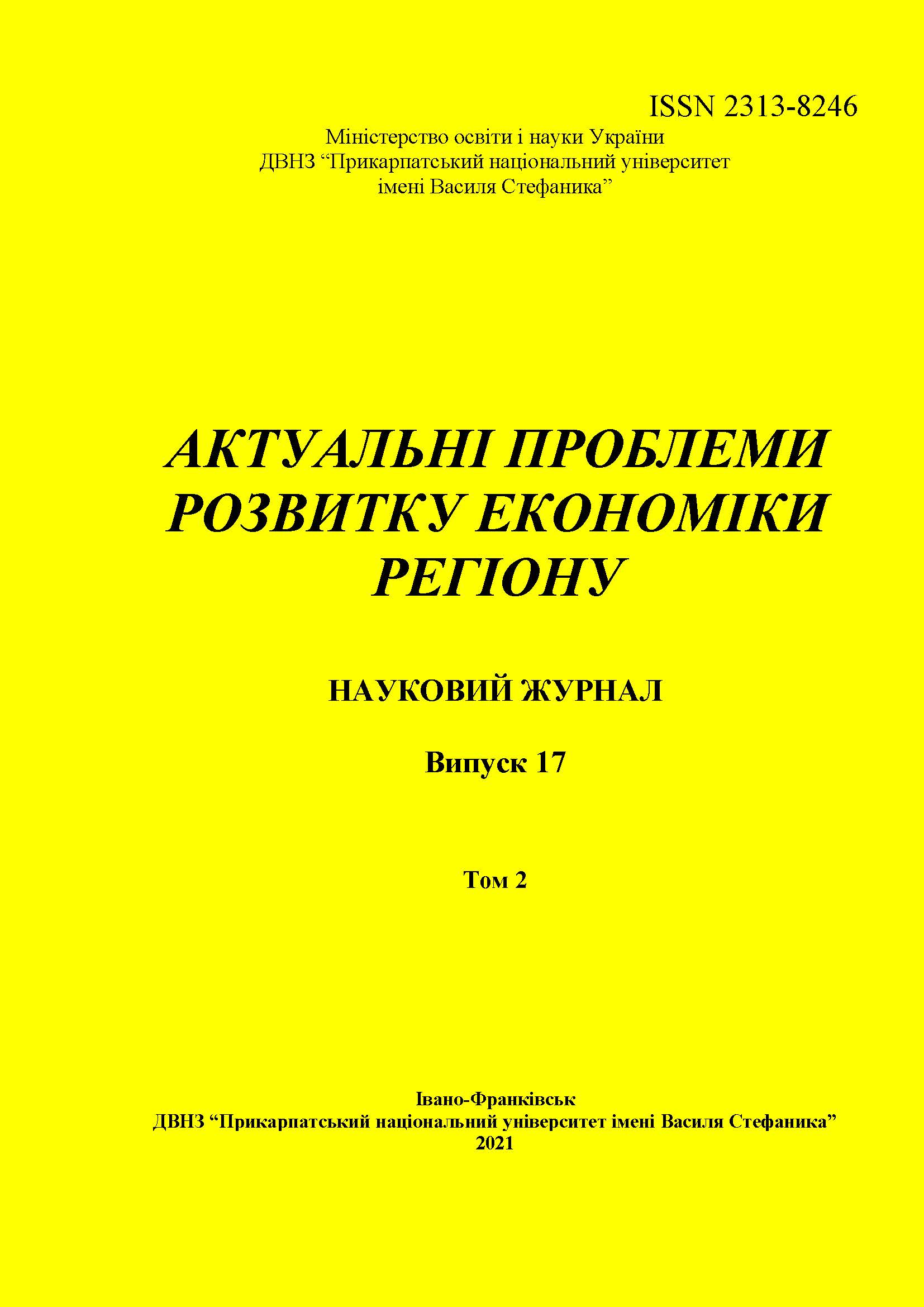DIGITAL OILFIELD PERSONNEL DEVELOPMENT MANAGEMENT
DOI:
https://doi.org/10.15330/apred.2.17.287-296Keywords:
personnel development management, digital oilfield, mechanistic management model, competence and meta-competence approachAbstract
The article is aimed at studying the problems associated with the digital oilfield personnel development. The purpose of the article is to study the digital oilfield personnel development management.
During the research we used the methods of theoretical generalization - to form definitions of concepts and general approaches and principles; of analysis and synthesis; of system and complex analysis, modeling - for management model formation of digital oilfield personnel development.
To achieve this goal, the directions of oil and gas field digitalization are considered; the production process problems faced by managerial and engineering personnel are surveyed. It is shown that for the effective functioning of digital oilfield the highly qualified personnel with the appropriate level of knowledge and experience is needed. The components that should be managed by the organization for staff development and its effective use are identified.
The scientific novelty of the study is to solve problems that have theoretical and practical significance in the field of digital oilfield personnel development management. To achieve this goal, the following tasks were solved:
- the components of digital oilfield are determined;
- the problems that arise during the oil and gas field management are identified;
- the concept of personnel development management is defined in order to justify further actions related to the choice of appropriate areas, methods, technologies and forms of training;
- the model of digital oilfield personnel development management is formed and its components are analyzed;
- the characteristic features of staff development in the mechanistic model of enterprise management are highlighted;
- the motivators of professional development of employees are determined, in particular, for advanced training of oil and gas enterprises’ employees resulting in the international IWCF certificate acquisition;
- the competence and meta-competence approach of personnel development is analyzed, which should be used to improve the enterprise’s activity.
References
2. Kochkodan, V. B. “Perspectives of digital oilfield models implementation in Ukraine.” Black sea economic studies, no. 16, 2017, pp. 186-90.
3. Moon, S., Mandon, P., Prasa, E. “Digital Oilfield Market by Solution (Hardware, Software & Service and Data Storage), Process (Reservoir Optimization, Drilling Optimization, Process Optimization, Safety Optimization, and Others), and Application (Onshore and Offshore): Global Opportunity Analysis and Industry Forecast, 2021–2030.” Allied Market Research, www.alliedmarketresearch.com/digital-oil-field-market. Accessed 10 Oct. 2021.
4. Groden-Morrison, A. “What Is A Digital Oil Field & How Does It Work?” Alpha Software, www.alphasoftware.com/blog/the-digital-oil-field-is-the-future-of-energy.-learn-all-about-it. Accessed 10 Oct. 2021.
5. Joy-Matthews, J., Megginson, D., Surtees, M. Human Resources Development: trans. from English. Moscow, Exmo, 2006.
6. Soma, R., Bakshi, A., Prasanna, V., DaSie, W. J., Bourgeois, B. C. “Semantic web technologies for smart oil field applications.” Intelligent Energy Conference and Exhibition: materials of the conference (Amsterdam, The Netherlands, 25-27 February). Society of Petroleum Engineers, 2008, pp. 1-9. DOI:10.2118/112267-MS. Accessed 14 Oct. 2021.
7. Hetman, O. O., Pliasun, A. V. “Staff development in ensuring labor market security.” Economic sciences: Bulletin of Zaporizhzhia National University, no. 1 (29), 2016, pp. 97-105, visnykznu.org/visnyk_ua/arh/t_visn_2016/2016econ1.html. Accessed 18 Oct. 2021.
8. Stankovska, I. M., Shyptur, O. V. “Development and training of gas distribution companies personnel.” Scientific Bulletin of Ivano-Frankivsk National Technical University of Oil and Gas (Series: Economics and Management in the Oil and Gas Industry), no. (23), 2021, pp. 7-20. DOI:10.31471/2409-0948-2021-1(23). Accessed 19 Oct. 2021.
9. Senge, P. “Fifth discipline. The Art and Practice of the Learning Organization.” Loveread-ec, loveread-ec.translate.goog/read_book.php?id=95539&p=1&_x_tr_sl=ru&_x_tr_tl=uk&_x_tr_hl=en&_x_tr_pto=nui,sc&_x_tr_sch=http. Accessed 22 Oct. 2021.
Downloads
Published
How to Cite
Issue
Section
License
- Authors retain copyright and grant the journal right of first publication with the work simultaneously licensed under a Creative Commons Attribution NonCommercial NoDerivs 4.0 Unported License that allows others to share the work with an acknowledgement of the work's authorship and initial publication in this journal.
- Authors are able to enter into separate, additional contractual arrangements for the non-exclusive distribution of the journal's published version of the work (e.g., post it to an institutional repository or publish it in a book), with an acknowledgement of its initial publication in this journal.
- Authors are permitted and encouraged to post their work online (e.g., in institutional repositories or on their website) prior to and during the submission process, as it can lead to productive exchanges, as well as earlier and greater citation of published work (See The Effect of Open Access)


